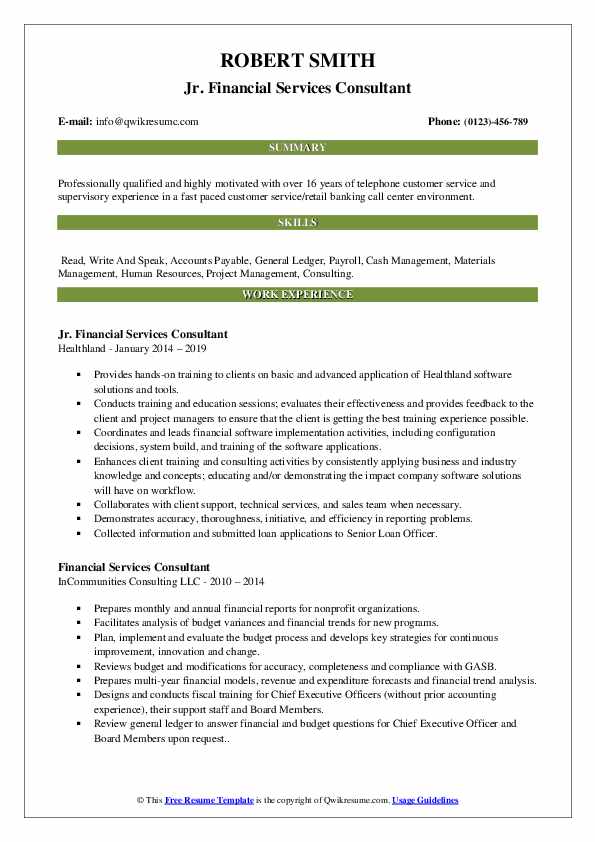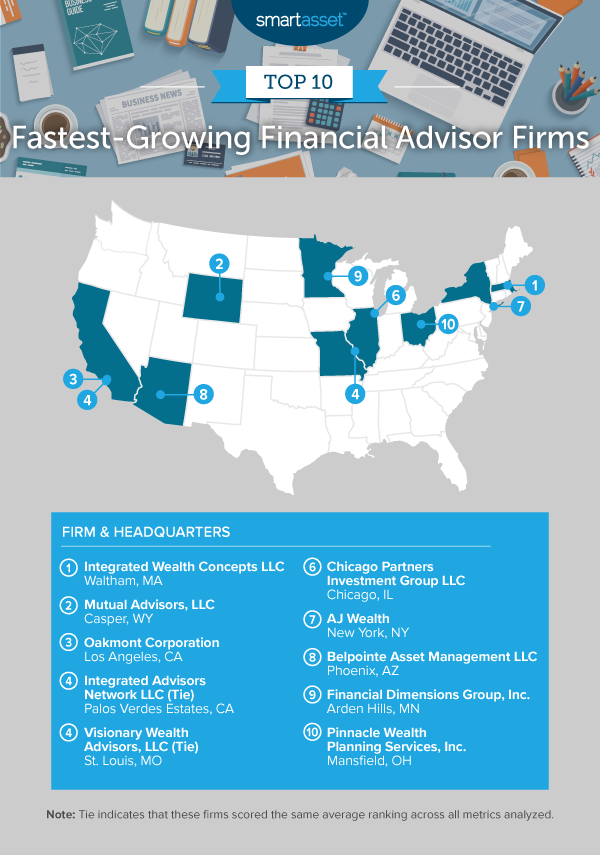
The diverse disciplines of the consulting public industry include a variety of fields. These professionals advise governments on public policies, public management, and more. These services may be offered by professional firms. Consultants from the public sector help corporations, governments, and nonprofits achieve their goals by providing their expertise in a range of areas. Here are some common areas they specialize in:
Project management is a discipline in the consulting public sector
Project management is the art and science of leading a team to accomplish specific goals. This discipline uses well-established policies and procedures to execute a plan. It involves planning, executing and measuring project results to reach project goals. Project managers are responsible for ensuring that project goals are achieved and that the overall process is successful.
Managing a project begins by defining the problem and finding a viable solution. It is important to determine the root cause of the problem before you can solve it. Treating the symptoms may only make the problem worse. Project managers use tools that allow them to collect data and pinpoint areas for improvement.

The long-term planning phase is a key part of projects in the public sector. Planning must be approved by a variety of stakeholders before a project can begin. Some of these projects could be carried out in-house and others may be subject to competitive bidding. Larger agencies will often outsource more of their work than smaller ones. Project managers are responsible for evaluating multiple bids from various consulting firms. Sometimes they may have a trusted consulting firm they use on-call.
Context switching throughout the day
Context switching is a phenomenon wherein work is done in a continuous cycle of varying speeds, or "cruising velocity." This refers to the fact that work is not initiated with all of the necessary concepts and details. This allows the worker sustain a steady rate for progress. This can also lead to slow progress. This means that the effects of context switching on the productivity of workers may vary from one task to another.
The performance of employees can be affected by context switching. However, it can also impact their personal and social lives. Context switching can cause fatigue in some companies, which can have an impact on productivity.
Types of personality
Consulting in public sectors requires a different personality than consulting in private. In this job, you must be able to work with people of different personalities and understand how their differences can benefit your firm. By learning about different personalities, you can lead your team to a shared vision, while also supporting the needs of each individual. So, for example, your office should be flexible enough to accommodate different personality types.

These people are often ambitious and seek creative careers. They enjoy making connections and getting to know others. However, they can become frustrated and restless easily. It is important that you respect their privacy while working with them. They are inclined to pursue a creative career so they spend too much time in the head.
FAQ
What is the average time it takes to become a consultant
Depending on your industry and background, the time required will vary. Most people begin their journey with less than a month before finding work.
However, consultants can spend many years learning before they are able to find work.
What's the difference between an advisor and a consultant?
A consultant is an advisor who gives information on a particular topic. A consultant provides solutions to problems.
Consultants work directly for clients to help achieve their goals. An advisor advises clients indirectly through books, magazines, lectures, seminars, etc.
What is the real value of consulting?
Consulting isn't just a career option for those who want to earn quick money. It's also a great place to gain valuable skills and build a foundation you can use in your future work.
There are many options for consulting. These include project management, business strategy, strategy, leadership, and training. You could find yourself working with small start-ups and large international corporations.
Consulting gives you the chance to grow and develop your skills. This could be learning to manage people, write proposals and manage budgets, analyze data and create presentations, or conduct market research.
What type of jobs can a consultant do?
You will need to be able to understand business strategy and operations if you want to work as a consultant. Understanding how businesses work and their place in society is also essential.
Consultant work requires excellent communication skills and the ability to think critically.
Consultants need to be flexible as they might be assigned different tasks at different times. They should be flexible enough to change direction quickly if needed.
They should be prepared to travel extensively in support of their clients. This type of work can take you all around the globe.
They need to be able and able to manage pressure and stress. Consultants may need to meet strict deadlines.
Consultants may work long hours. This can mean you might not always receive overtime compensation.
Statistics
- According to IBISWorld, revenues in the consulting industry will exceed $261 billion in 2020. (nerdwallet.com)
- My 10 years of experience and 6-step program have helped over 20 clients boost their sales by an average of 33% in 6 months. (consultingsuccess.com)
- On average, your program increases the sales team's performance by 33%. (consultingsuccess.com)
- WHY choose me: Why your ideal client should choose you (ex: 10 years of experience and 6-week program has helped over 20 clients boost their sales by an average of 33% in 6 months). (consultingsuccess.com)
- According to statistics from the ONS, the UK has around 300,000 consultants, of which around 63,000 professionals work as management consultants. (consultancy.uk)
External Links
How To
How to Find the Best Consultant
Ask yourself what you want from your new consultant before you start looking. Before you begin looking for a consultant, it is important to know what your expectations are. Before you start looking for a consultant, make a list. This might include skills such as project management, professional expertise, communication, availability, and technical skills. Once you've listed out these requirements, then you may want to consider asking some friends or colleagues who they would recommend. Ask your friends or colleagues about any negative experiences they have had with consultants, and compare their recommendations with yours. You can also do some online research if you don't know of any. You will find many websites such as LinkedIn, Facebook Angie's List, Indeed and Indeed where people can leave reviews about their past work experiences. You can use the comments and ratings left by others to help you find potential candidates. After you've compiled a list of potential candidates, it is time to reach out to them and schedule an interview. During the interview, you should talk through your requirements and ask them to explain how they can help you achieve those goals. It doesn’t matter if the person was recommended to you; it matters that they understand your business goals, and can show you how they can help.